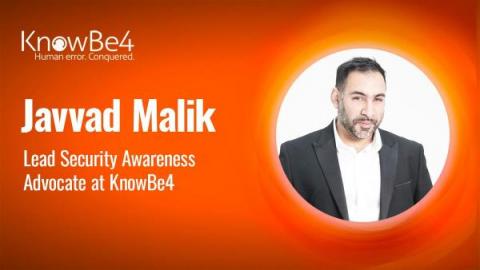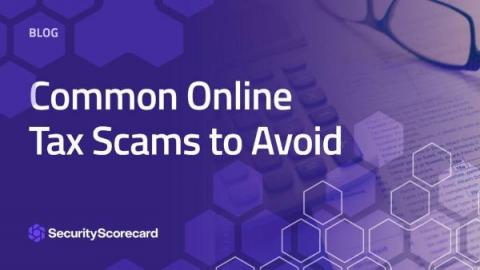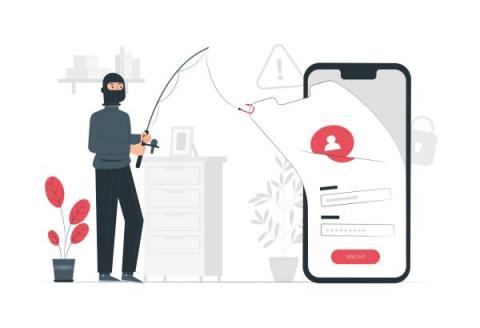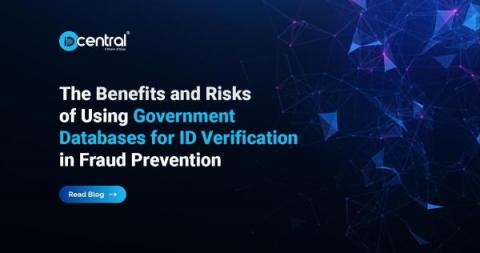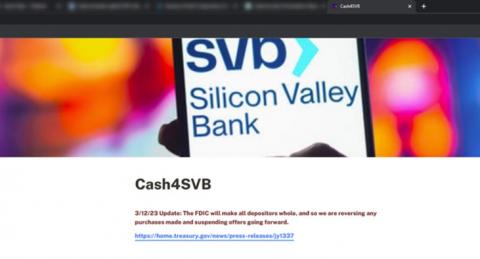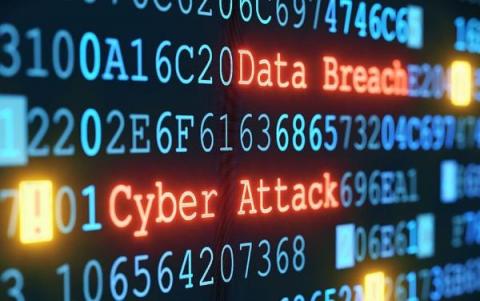The Dangers of Vishing Campaigns and How To Protect Yourself
In recent years, cybercrime has evolved to become more sophisticated than ever before. One of the up and coming methods used by criminals is vishing (voice phishing). This is where an attacker phones up a victim to simulate a trusted source such as a bank to phish for sensitive information. No one is immune from a vishing attack, even the Social Security Administration.


